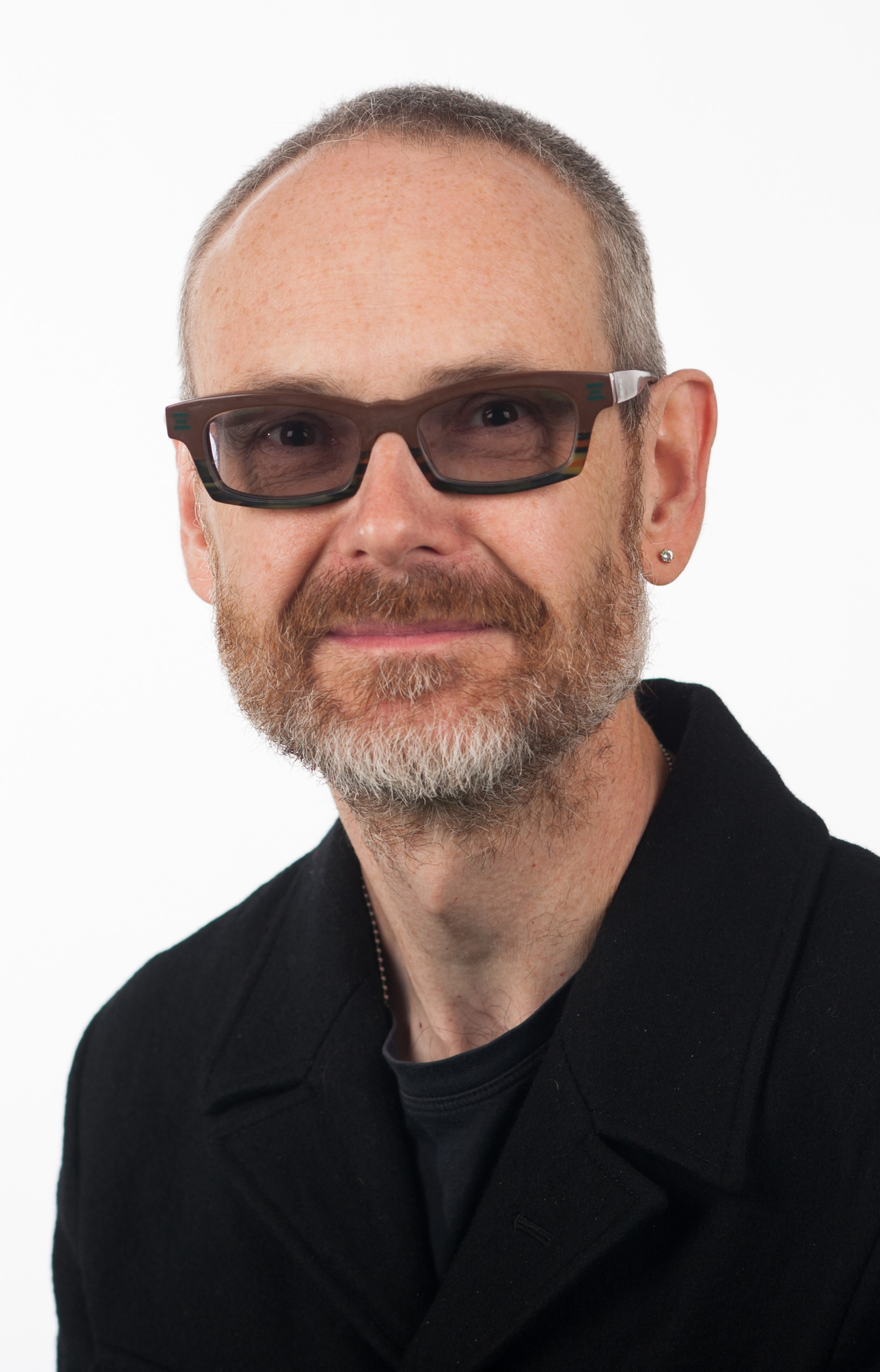

Paul Verhaeghen
Professor of Psychology
Education
Ph.D. (1994) Psychology University of Leuven, Belgium
Research Interests
Mindfulness, self-transcendence, flourishing
About
My recent work involves the study of mindfulness as a trait and a state. See my book on the effects of mindfulness on brain, mind, and life. In our research, we're interested in a new, broader definition of mindfulness, which includes self-awareness, self-regulation, as well as self-transcendence. We're particularly interested in how these aspects foster not just personal wellbeing, but can also be of benefit to others, by fostering wisdom, virtue, compassion, and social justice.
Historically, most of the work in our lab has centered around cognitive aging: What happens to people's minds as they grow older? Much of my meta-analytic work boils down to the question of the dimensionality of cognitive aging: Does it all go together when it goes?
Much of our experimental work on aging has focused on cognitive control. Cognitive control concerns dealing with complex tasks in a complex environment, which includes: (a) making sure that only the appropriate stimuli from the environment enter into consciousness; (b) continuously updating the content of working memory; (c) switching between different tasks; (d) coordinating the different actions that need to be performed; and (e) switching back and forth between relevant stimuli. Some of these aspects seem to be more susceptible to aging than others (b, c, and d); some have different effects of speed and accuracy (e).
We also conducted research on working memory per se. We are very interested in working memory dynamics. How (or even when) do people search working memory? Can we distinguish different subsystems in working memory depending on the retrieval dynamics? Are the memory processes in working memory cognitive primitives, or are they subsumed under known mechanisms of attentional control?
A fourth research interest is creativity, more specifically the link between creativity (or, as we like to think of it, mental play), mood disorder, and different types of rumination.
Selected Publications
- Verhaeghen, P. (2021). Mindfulness as attention training: Meta-analyses on the links between attention performance and mindfulness interventions, long-term meditation practice, and trait mindfulness. Mindfulness, 12, 564-581.
- Verissimo, J, Verhaeghen, P. Goldman, N., Weinstein, M., & Ullman, M. T. (2021). Aging yields improvements as well as declines across attention and executive functions. Nature Human Behavior.
- Verhaeghen, P., & Aikman, S. N. (2020). How the mindfulness manifold relates to the five moral foundations, prejudice, and awareness of privilege. Mindfulness, 11, 241-254.
- Karbach. J., & Verhaeghen, P. (2014). Making working memory work: A meta-analysis of executive control and working memory training in younger and older adults. Psychological Science, 25, 2027-2037.
- Verhaeghen, P. (2011). Aging and executive control: Reports of a demise greatly exaggerated. Current Directions in Psychological Sciences, 20, 174-180.
Contact Information
- paul.verhaeghen@psych.gatech.edu
- Office
- JS Coon 126
- Phone
- 404-894-2680
- Lab Url
- https://sites.google.com/site/verhaeghenlabgatech/


